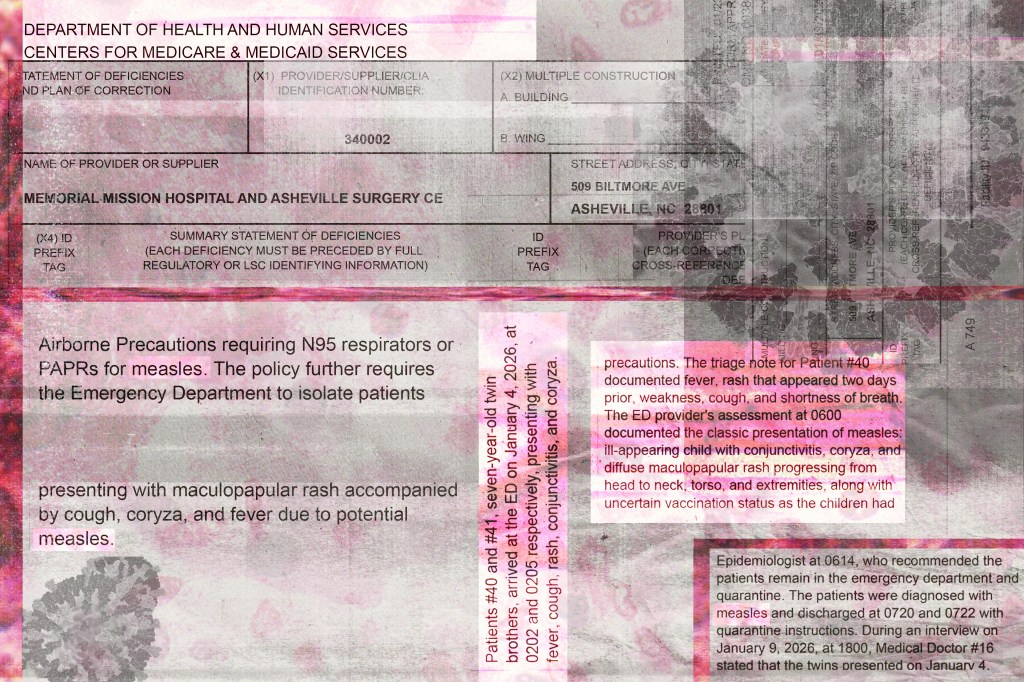The Center for Medicare and Medicaid Innovation (CMMI) recently released a new strategy to “Make America Healthy Again.” The strategy includes:
Promoting evidence-based preventionEmpowering people to achieve their health goalsDriving choice and competition for people
A Health Affairs Forefront article from Joshua M. Liao notes three broad goals: increasing patient engagement, better leveraging data and patient engagement tools, and protecting the interests of taxpayers.
With respect to patient engagement, Liao recommends promoting healthy behaviors through stronger patient engagement. This could occur not only with financial incentives but also with “non-financial incentives, such as social influence, reminders, and gamification.” However, government use of social influence and gamification may not appear as benign to some individuals as it does for others. These tools could be used for good objectives (e.g., improve health) but also less good ones as well.
Liao is also excited about the used of better data, and moving past prior efforts of just public reporting. For instance, he recommends increased use of “…mobile device applications and software incorporating machine learning or artificial intelligence solutions…” Liao wisely notes, however, that these tools will likely not be used without reimbursement. One success story has been the increased use of remote patient and therapeutic monitoring since Medicare began reimbursing for services.
Finally, Liao advocates for reduced waste and increased use of value-based payment, such as applying accountable care organizations more broadly. However, the ability to reduce waste and link payment to patient-centered value in practice is easier said then done.
In summary Dr. Liao argues that CMMI’s reforms:
…should involve designing models that engage patients through behavioral science principles and non-financial incentives; encouraging technology adoption via new or adapted incentives and reimbursement; and protecting taxpayer interests by targeting inefficiencies that span beyond model tests to other portions of the Medicare program.
Do you agree or disagree with these arguments? You can read the full article in Health Affairs Forefront here.








